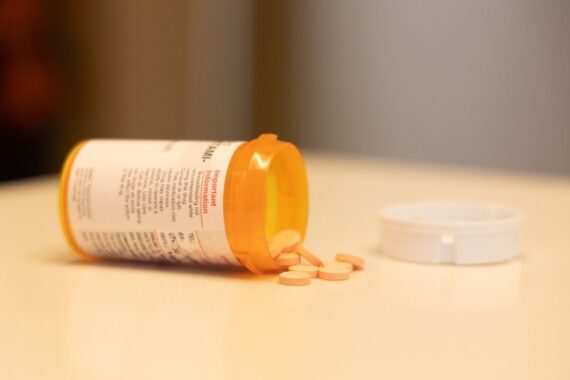Medicines for ADHD prescribed in general practice rose by 8% in the last quarter of 2024, the latest NHS figures show.
Between October and December there were 870,000 prescription items for ADHD in England, showing a continuing upward trend.
The number of identified patients prescribed the medicines also increased by 6.1% to 248,000 compared with the previous quarter, the figures from the NHS Business Services Authority show, with costs of the drugs increased by 7.9%.
GPs have told Pulse their workload around prescribing for ADHD has increased and stopping some of this formed part of collective action agreements.
In September, researchers warned that regional variation on shared-care arrangements for ADHD medicine prescribing must be addressed to ensure equitable access.
NHS England had announced a new ADHD taskforce to improve care for people living with the condition.
In 2023/24 there had been a 28% increase in the number of ADHD drugs prescribed for adults, NHS BSA had said.
Prescriptions for antidepressants have also continued to rise albeit at a much lower level, the latest quarterly figures from the NHS Business Services Authority show.
Between October and December 2024 there were 24 million depressant items prescribed to 7 million patients.
It is a rise of around 1% in both prescriptions and the number of people taking the medicines, the figures show.
But the cost of prescribing the drugs fell by around 6.4%, the analysis showed.
The report shows the NHS has prescribed 24 million antidepressant drugs (an increase of 1.6%) to an estimated 7 million identified patients (an increase of 1%). The cost of antidepressant drugs to £57 million. This was a 6.4% decrease.
There had been increasing concern in recent years about patients facing withdrawal symptoms when they try to come off antidepressants.
But a trial last year found GPs could support almost half of patients taking long-term antidepressants – who are well and willing to stop – to safely come off the drugs.
Drugs for dementia also increased by 2% to 1.2 million items, prescribed to 273,000 patients. This drug group had the largest growth in cost when compared to the other BNF medicine groups, increasing by 15%, the figures showed.
The number of hypnotics and anxiolytics prescribed increased by 1.4% to 3.4 million items, with patients increasing by 1% to 1 million.
Drugs used in psychoses and related disorders reached 3.5 million items prescribed to 664,000 identified patients, which is an increase of 1.1).












